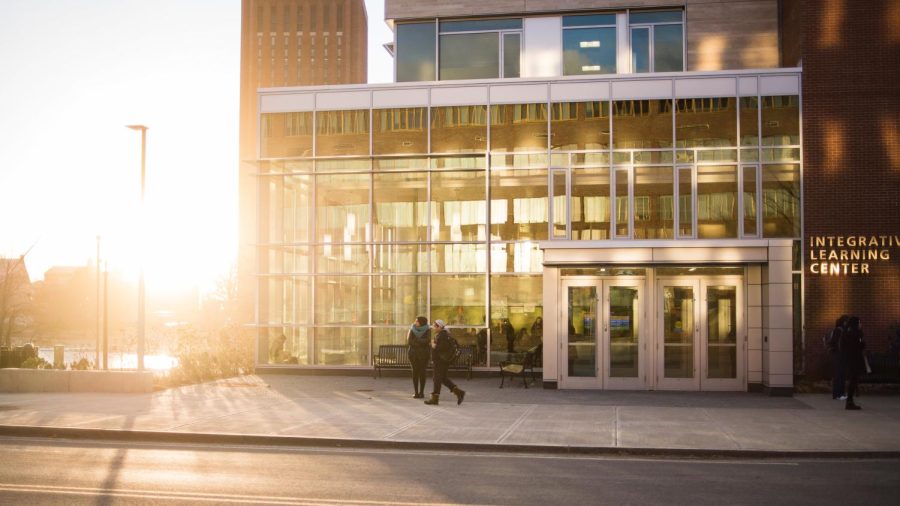
This November, many men are putting down their razors and are picking up their wallets to fight for issues tied to men’s health, such as prostate cancer detection and suicide prevention. Movember, as the movement is called, challenges men to donate money and let their facial hair grow. But during November (and always), men should also pay attention to two issues that are often presented as a women’s issues, but ones which should be very important to men: sexual harassment and sexual assault.
Dustin Hoffman. Casey Affleck. Kevin Spacey. Harvey Weinstein. Even Elie Wiesel. All of these celebrities are men who have been accused of sexually harassing or assaulting at least one other person, and have received negative press and backlash recently because of it. Hoffman allegedly groped a 17-year-old girl, Affleck allegedly climbed into bed with a woman while she was sleeping, Spacey allegedly inappropriately touched numerous boys and young men, Weinstein allegedly harassed over 60 people and allegedly assaulted nearly 30 and Wiesel allegedly grabbed a woman’s rear. It seems like there are more allegations every week, and many still go unreported. This is not due to overreaction by the victims. There is a severe problem, and it is not just in Hollywood. High profile cases have re-opened a discussion about sexual harassment and assault, which are issues that need to be discussed everywhere.
There are many nationwide statistics that show the frequency of sexual harassment. According to the National Crime Victimization Survey, conducted by the Bureau of Justice Statistics, there were over 400,000 reported cases of rape and sexual assault in the United States in 2015, the highest since 2006. However, the overall trend since the 1990s has been downward, with more than 898,000 reported cases of sexual assault reported in 1993. This downward trend is supported by 2012 data from the University of New Hampshire, which shows that sexual abuse has declined 47 percent since the 1990s. This downward trend is encouraging, but it is still tragic that hundreds of thousands of people become victims each year, even if there are fewer reported cases of rape now than there have been in the past.
A 2000 study by Howard N. Snyder of the National Center for Juvenile Justice reported that women are vastly more likely to be victims of sexual assault. It notes that, “Females were more than six times as likely as males to be the victims of sexual assaults known to law enforcement agencies,” and that “The female proportion of sexual assault victims reached 90 percent at age 13 and 95 percent at age 19.” Additionally, “nearly all of the offenders in sexual assaults reported to law enforcement were male (96 percent).” Women are vastly more likely to experience sexual assault, and men are much more likely to be perpetrators.
Sexual violence is also predominately a young person’s issue. College-aged individuals are most likely to be affected by sexual assaults. A different study by the Bureau of Justice Statistics pointed out that women ages 18-24 had the highest rate of rape and sexual assault victimizations compared to other women throughout the years between 1995 and 2013. About 23 percent of college women disclosed that they had experienced “sexual assault and sexual misconduct due to physical force, threats of physical force, or incapacitation” a 2015 Association of American Universities survey found. This issue likely hits close to home for many students at universities like the University of Massachusetts.
Sexual harassment and assault, while different, both stem from a mindset (mostly held by men) where others (usually women) are viewed as sexual objects. As men, we need to do our part to catch ourselves when we think of others solely in sexual ways, and we need to call others out when they speak or act in ways that sexualize and objectify. It’s on us to reduce sexual harassment and assault, but we need to realize first that this issue should matter to us as much as it should matter to women.
Joe Frank is a Collegian columnist and can be reached at [email protected].


















